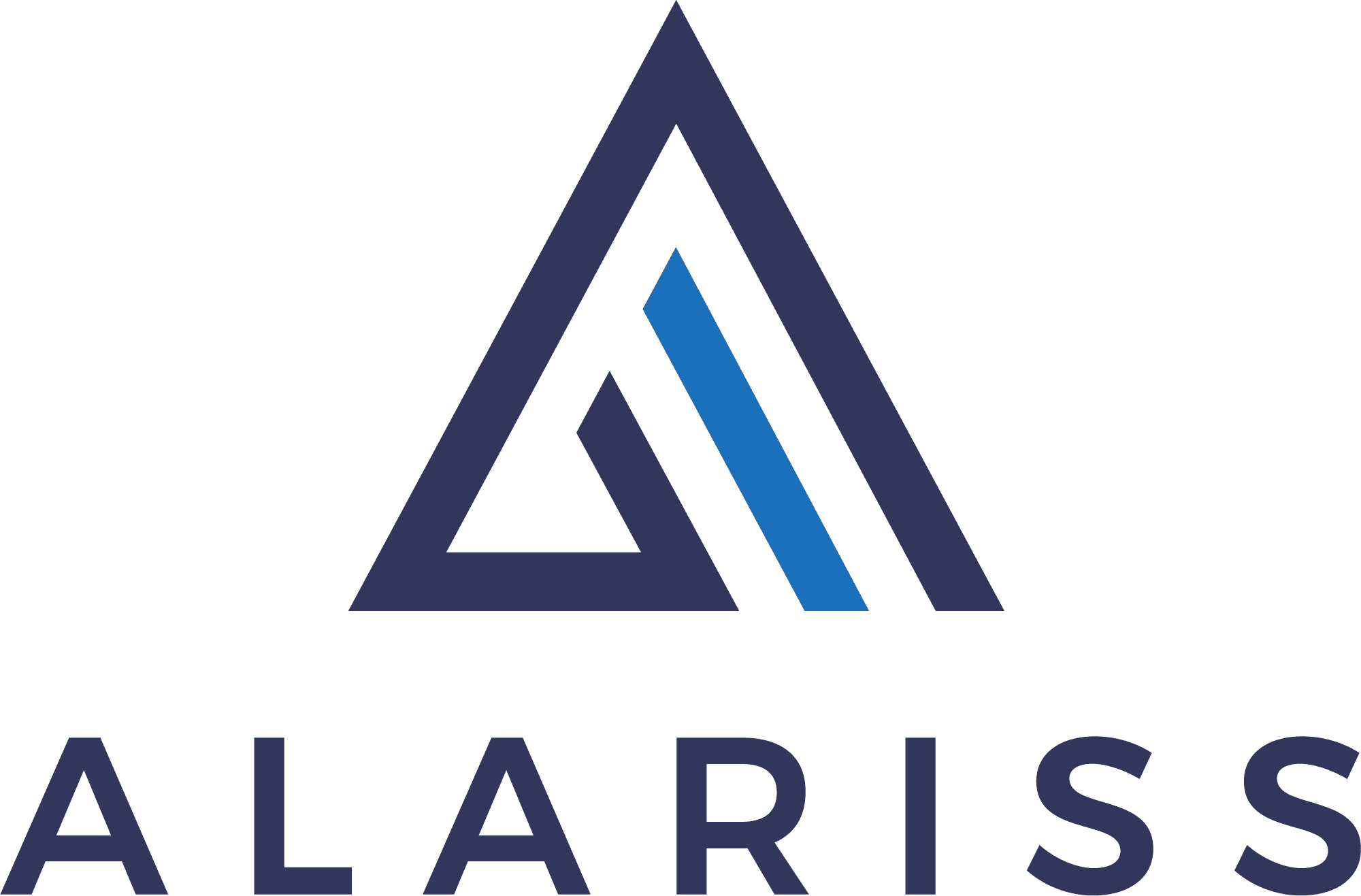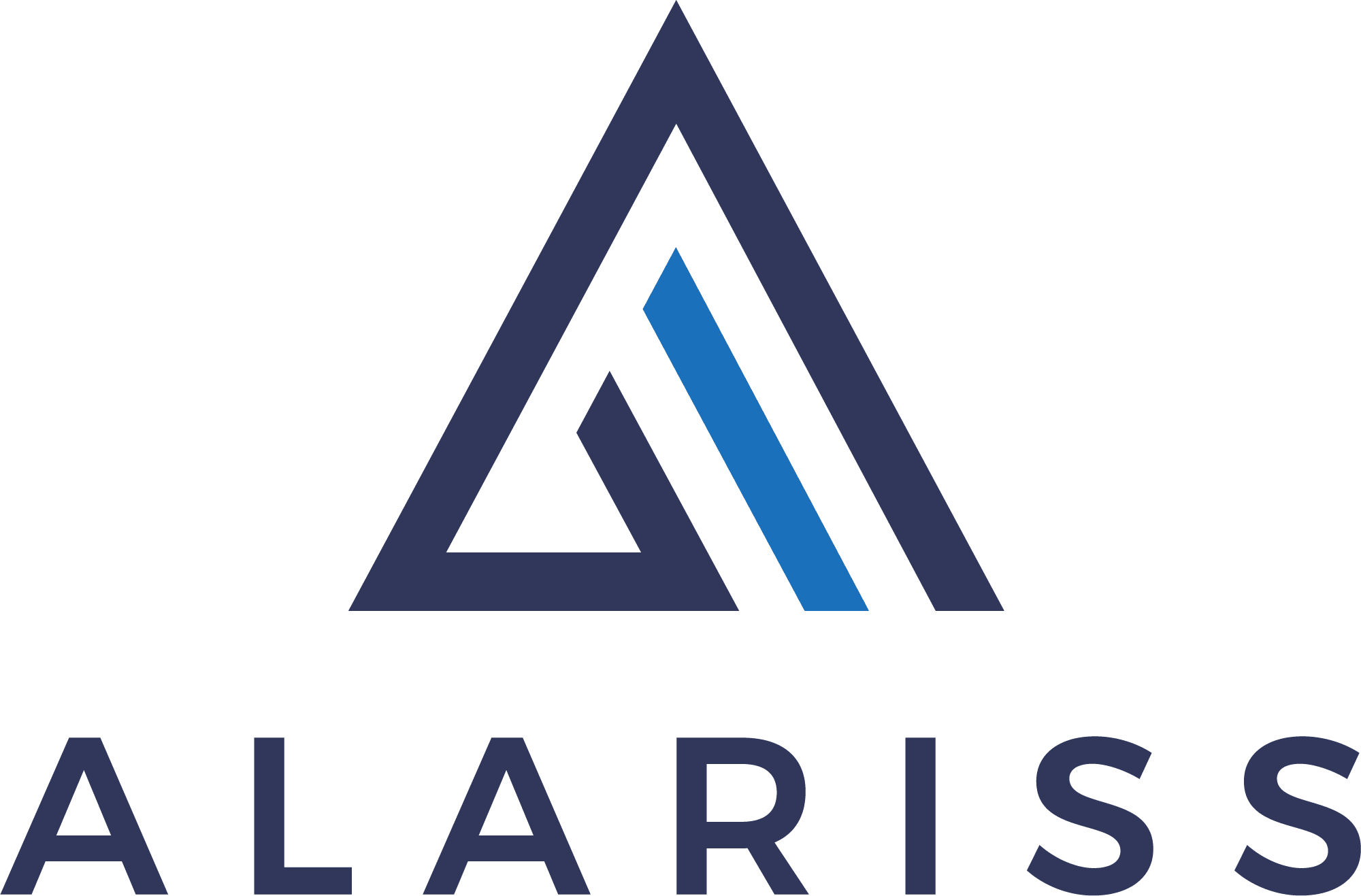Blog
Technology for Social Good: Karen Tay and Sonam Velani

July 6, 2020
 On June 10, 2020, the Alariss summer intern team along with other guests had the privilege of participating in a career panel with Karen Tay and Sonam Velani on the impact of technology on the public good. Sarah Yang, a current Global Business Development intern at Alariss and student at Harvard University, moderated the panel. We learned about the dynamic paths that led Tay and Velani to where they are now, at the cutting edge harnessing technology to improve people’s lives. Velani currently leads Global Partnerships at Zipline, an innovative healthcare logistics company that uses drones to deliver life-saving medicine to people across the globe. Tay leads a global strategy and operations team spanning San Francisco, New York, London, and Singapore through her work with Singapore Economic Development Board (EDB). Her mission is to transform Singapore into the world’s leading Smart Nation by becoming a hub for global technology talent.
On June 10, 2020, the Alariss summer intern team along with other guests had the privilege of participating in a career panel with Karen Tay and Sonam Velani on the impact of technology on the public good. Sarah Yang, a current Global Business Development intern at Alariss and student at Harvard University, moderated the panel. We learned about the dynamic paths that led Tay and Velani to where they are now, at the cutting edge harnessing technology to improve people’s lives. Velani currently leads Global Partnerships at Zipline, an innovative healthcare logistics company that uses drones to deliver life-saving medicine to people across the globe. Tay leads a global strategy and operations team spanning San Francisco, New York, London, and Singapore through her work with Singapore Economic Development Board (EDB). Her mission is to transform Singapore into the world’s leading Smart Nation by becoming a hub for global technology talent.
Both Tay and Velani started undergrad, at Princeton and Harvard respectively, set on the premed track. However, by taking classes in different fields, Velani realized that there is a multitude of ways to save the world. Velani emphasized the importance of exploration in college and then connecting with potential mentors in fields of interest. Because of these two key pillars, the only job that she applied for was her position in investment banking right out of college; the rest of her jobs she landed from connections with peers and mentors. Similarly, Tay learned that her real passion was in critically examining communities and finding ways to support marginalized groups, rather than medicine. Tay is interested in the intersection of technology and policy, particularly in relation to education and social equity. She explains that it isn’t just about technology, it’s about how well it can be integrated into society to positively impact people’s lives.
When asked about the difference between working in the public and private sector, both Velani and Tay emphasized that these fields are generalized as separate entities when they are much more intertwined. Velani worked in the Mayor’s office in New York City and Tay currently works with the Prime Minister of Singapore. These positions operate at the executive level, so they gained an understanding of how legislation is passed and the processes necessary to implement change. Tay also explained that the transition between private and public sectors is often fluid because the fields work together to problem-solve and implement solutions.
The coronavirus pandemic is drastically altering the future of jobs and how companies operate with the majority of employees working remotely. Zipline is shining during the pandemic because more people are interested in accessible healthcare and Zipline provides an effective solution to this problem. Due to the pandemic, they have expanded their delivery services from vaccines, blood, and other essential medicine, to include diagnostic kits and PPE. In Ghana, Zipline’s distribution centers serve as a centralized hub for medicine delivery and pick up. Zipline has also launched in the United States where they are providing similar services. They are the first company in the US able to provide long-range drone deliveries. To reiterate the intersection between the public and private sectors, Zipline worked with the Federal Aviation Administry to fast track their safety approvals so that more people can receive care during the COVID-19 pandemic. From a government perspective in response to coronavirus, Tay is thinking about how to position Singapore for new world order. Supply chains in Singapore are becoming increasingly regional, which contradicts the idea of Singapore’s free and open economy. Tay is exploring the prospects of virtual hiring and the evolution of the virtual workplace due to the pandemic. She believes that government action is crucial to effectively steer Singapore into a rapidly developing new world.
In her parting words of wisdom, Tay told us to get comfortable with the times when we most feel like outsiders. As an international student at Princeton, she didn’t always feel like she fit in. However, those periods of discomfort allowed for growth. They made her a more effective advocate and team leader because she developed a strong sense of empathy and compassion for others. This empathy fuels the work she currently does of creating sustainable economic growth, with vibrant business and good job opportunities for Singapore. To conclude on the interplay between the private and public sectors, Velani urged us to vote in local elections. Local government is “where rubber hits the road” and is crucial to dictating opportunities for both professional and personal life.
In our post-panel discussion, the attendees reflected on jobs in relation to one’s sense of self. Tay’s reflection that a job doesn’t define who you are, but acts as a mechanism to develop one’s interests, rang true for many. Ultimately, we walked away with a greater sense of the dynamic and vast workplace where people can flow from one job to the next determining what is important to them and growing into more compassionate and connected citizens of the world.





